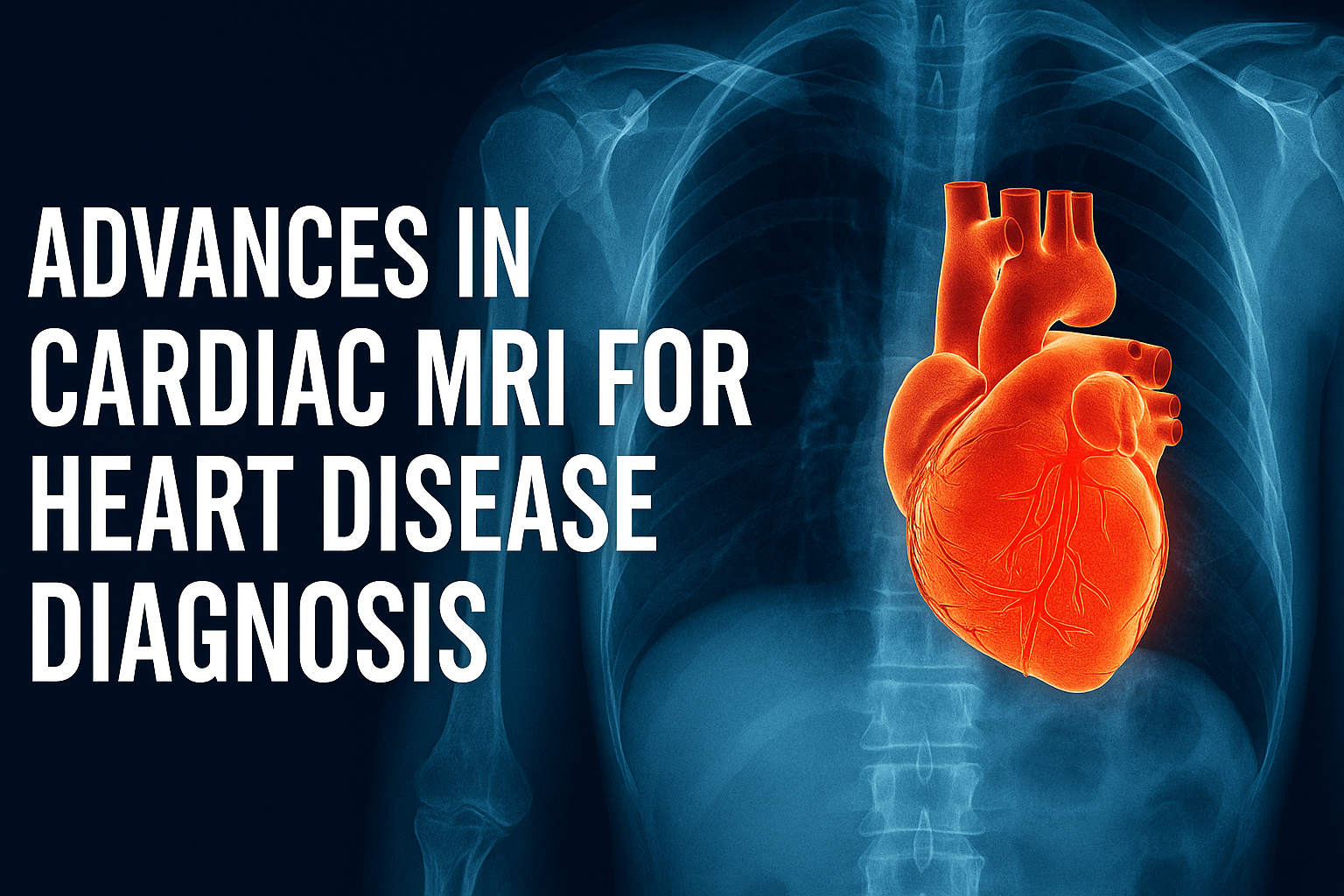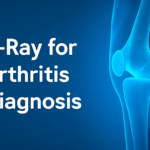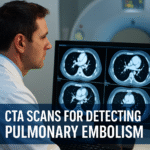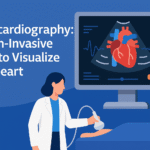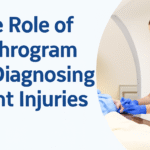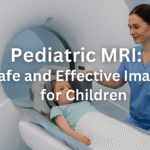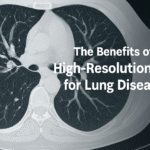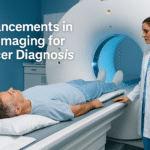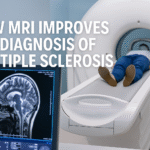- Cardiac MRI for Heart Disease Diagnosis is revolutionizing how heart disease is diagnosed and managed. This non-invasive imaging technology offers unparalleled detail, enabling early detection and better treatment decisions—without the use of radiation.
- What is Cardiac MRI?
- Cardiac Magnetic Resonance Imaging (MRI) uses magnetic fields and radio waves to create detailed images of the heart. Unlike CT scans or X-rays, cardiac MRI does not expose patients to ionizing radiation, making it safer for repeated monitoring and ideal for a wide range of heart conditions.
- It allows for both structural and functional assessment, helping clinicians accurately evaluate cardiac health.
- The Role of Cardiac MRI in Heart Disease Diagnosis
- Cardiac MRI is used to assess:
- Coronary artery disease (CAD)
- Heart failure causes and complications
- Cardiomyopathies and myocarditis
- Congenital heart defects
- Cardiac masses and tumors
- Its precision enables early diagnosis and helps differentiate between various types of heart disease, leading to more targeted treatment strategies.
- Key Innovations in Cardiac MRI
- 1. AI-Enhanced Imaging
Modern systems leverage artificial intelligence to enhance image clarity and reduce scan times. Learn more about AI-powered image analysis and how it’s transforming diagnostic accuracy.
- 2. 4D Real-Time Imaging
Advanced MRI machines now offer four-dimensional imaging, allowing real-time visualization of the heart in motion. This enhances assessments of valve function and wall abnormalities.
- 3. Tissue Mapping for Early Detection
Techniques like T1 and T2 mapping allow for early identification of inflammation, scarring, and fibrosis—useful for diagnosing cardiomyopathies or myocarditis before symptoms appear.
- 4. Stress MRI
Stress MRI uses vasodilator agents to simulate exercise, revealing ischemic regions of the heart without radiation. It’s particularly helpful when other stress tests are inconclusive.
- How Cardiac MRI Compares to Other Imaging Modalities
- Compared to echocardiography, CT scans, and X-rays, cardiac MRI offers:
- Superior soft tissue visualization
- No radiation exposure
- Greater diagnostic detail for valvular disease, chamber size, and tissue health
- This makes it the preferred tool for complex cardiac cases or when multiple follow-ups are required.
- Who Should Consider Cardiac MRI?
- Cardiac MRI is recommended for:
- Patients with chest pain or shortness of breath
- Individuals with a family history of heart conditions
- Patients needing precise assessment of heart function
- Children or adults with congenital heart defects
- For more clinical insights, visit the American Heart Association’s guide to diagnosing a heart attack and the RadiologyInfo overview of cardiac MRI.
- Book Your Cardiac MRI at Lake Zurich Open MRI
- At Lake Zurich Open MRI, we offer state-of-the-art cardiac imaging in a calm, open environment—free from claustrophobia and long waits. Our expert team ensures timely scheduling, compassionate care, and accurate reporting.
- Request your appointment today.

